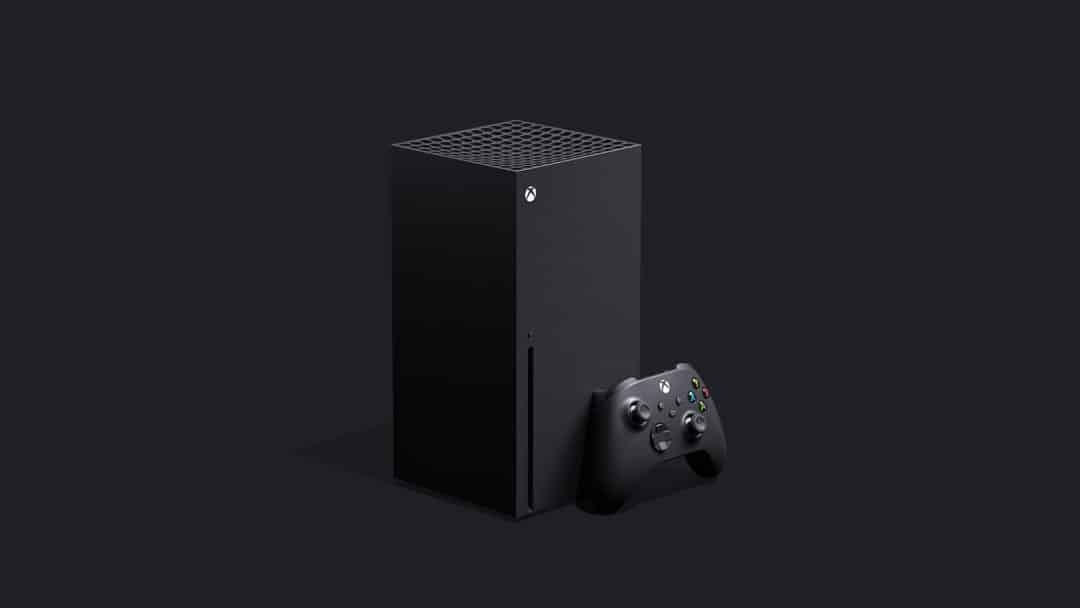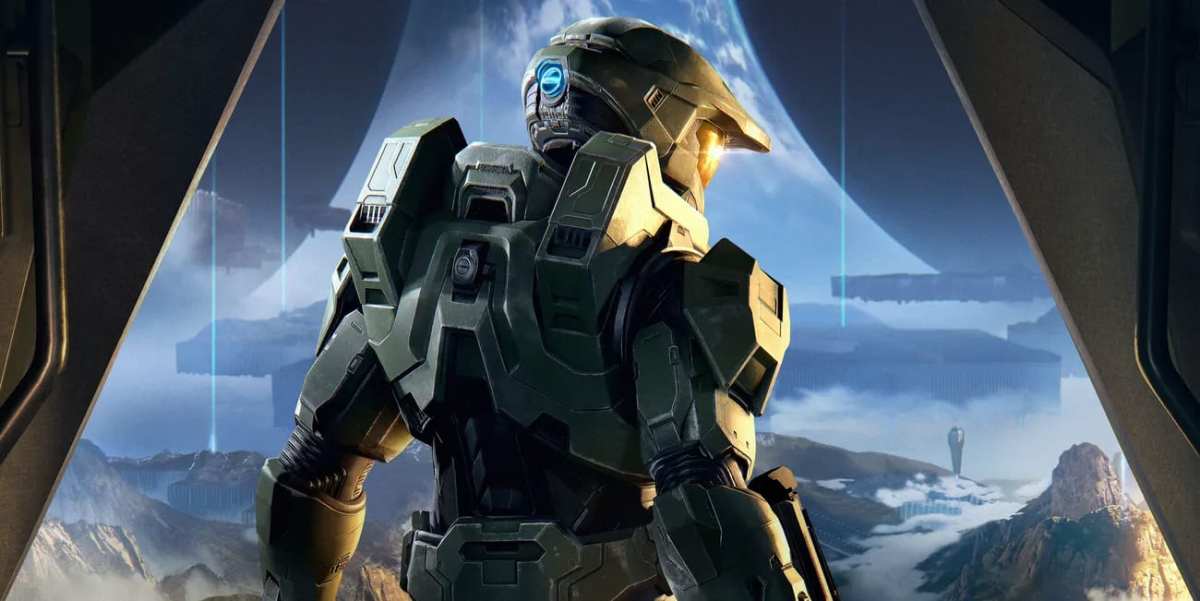A lot has been made out of Xbox Games Studio head Matt Booty explaining that the Xbox Series X won’t have exclusive titles for a couple years. Some budget-minded gamers have celebrated the move as a reason to not immediately upgrade since they’ll still be able to play Halo: Infinite on their Xbox One. Meanwhile, others have dismissively used this against the next-gen system and turned it into a PlayStation 5 selling point since that will have exclusive titles from Sony. However, this move is about the most pro-consumer thing that Microsoft could have done and shouldn’t be derided en masse.
To use personal computer gaming as a reference point, Microsoft is essentially making the max-setting version of games on Xbox Series X. While the Xbox One can still play the same games, those players aren’t getting the experience at its best as concessions will have to be made such as lower frame rates and resolutions or lessened graphical quality. As Booty explained to MCV, Microsoft wants “to make sure that if someone invests in Xbox between now and [Series X] that they feel that they made a good investment and that we’re committed to them with content.”
Considering the first few years of the PlayStation 5 and Xbox Series X’s lifespans will be filled with cross-gen titles that also release for Xbox One and PlayStation 4, it won’t seem all that strange. We’ll see the same thing happen for major series like Assassin’s Creed and Call of Duty as major publishers won’t want to miss out on the larger install base that the previous-generation systems will have. Microsoft is simply playing to both of its active console bases and will shift out of it when it makes more sense to do so, perhaps when a cheaper next-gen Xbox is available and more people besides early adopters are picking up the new hardware.

This move also plays well with Microsoft’s current strategy of getting players to subscribe to Xbox Game Pass. While the company will still look to sell copies of Halo: Infinite and will likely sell collector’s editions to its diehard fans, it will also be the perfect reason for both new adopters of the Xbox Series X and current Xbox One owners to stay subscribed. If only the Series X were receiving new releases, then the sizable Xbox One community would lose one of the main reasons it has for staying subscribed to the service.
So, while headlines saying that the Xbox Series X won’t have any exclusives are true, they don’t get the whole point across. The idea of exclusive titles has meant increasingly less to Microsoft and how the company has fully embraced the Xbox brand spanning multiple devices by putting its first-party titles on PC and some even on Nintendo Switch. Microsoft is still delivering all of the games that its fanbase wants from its internal studios on Xbox Series X; the games will just be available elsewhere as well. This isn’t much of a shift from its current modus operandi and shows a commitment to making moves that are positive for consumers.
The Series X will still have plenty of selling points too. It will feature the new controller and sharing abilities, and it will be the best way to play Microsoft’s games on a home console. Any Xbox user wanting to future-proof can pick up a Series X and will be set for the next generation of gaming. It’s not unlike the release of a new iPhone, where most apps will still run fine on your older phone for now, but a few years later they will start to have issues and miss out. All this move does is allow for current Xbox owners to still get enjoyment from their system, which is undisputedly a good thing, and underline the core difference in philosophies that Microsoft and Sony have shown over the past couple years.
Despite the PlayStation 5 building upon its predecessor’s architecture and being fully backward compatible with PlayStation 4, Sony will be fragmenting its user base once it releases. Some titles will likely be cross-gen, but if someone wants to enjoy all of what Sony has to offer, then they’ll need a PS5 at launch. It’s a move that is sensible and will probably cause some on the fence to buy Sony’s system rather than Microsoft’s right off the bat, especially if they already own an Xbox One. In their view, why mess with what has historically worked for them? After all, Sony is the company coming into the next generation of gaming atop the throne.
It’s Microsoft, not Sony, that has to shake things up and appeal to more players for the long term. Since both have logic behind their moves, it’s hard to argue one as right or wrong. Ultimately, each company is doing what is best for its unique situation, and Microsoft’s move will benefit consumers more in the long run, even if it pushes them towards a PlayStation 5 later this year and they adopt the Series X at a later point.






Published: Jan 15, 2020 04:12 pm